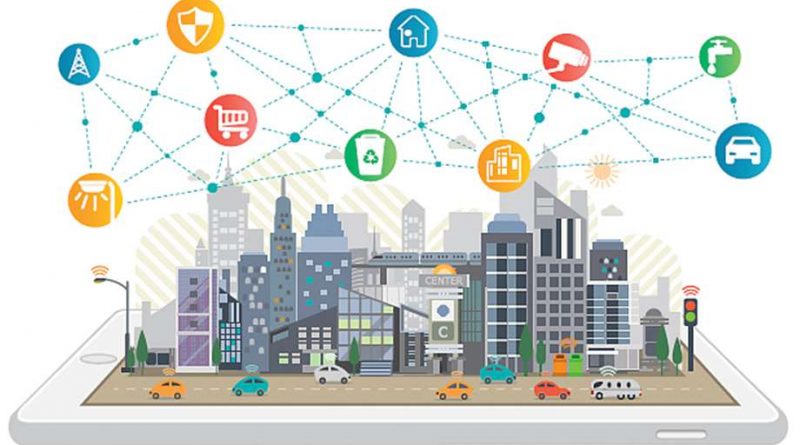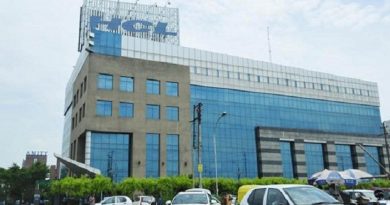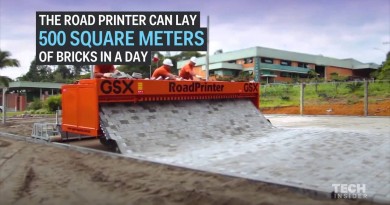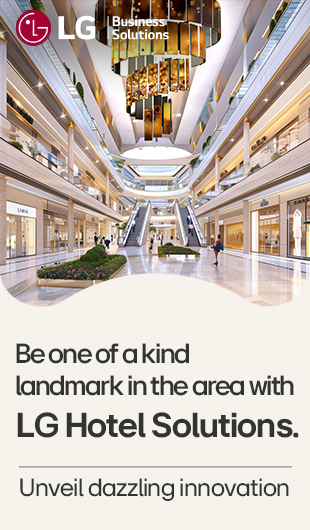Vietnam issues ICT framework for smart city development and projects
Vietnam’s Ministry of Information and Communications has just released its information and communication technology (ICT) framework for the development of smart cities. The ICT reference framework is a set of functions to link smart regions, applications, and urban services to ensure consistency and synchronization.
The ICT reference framework has been issued as a guideline for localities and businesses to use as they build and implement smart city plans, seek to develop smart city investment projects and defines protocols for the ICT architecture of smart city development.
The priority areas for the development of smart city’s include smart city management, water systems, waste collection and treatment systems, grids, lighting systems, traffic systems, education and healthcare.
During the last five years, various cities and provinces throughout the country have started their own plans to develop pilot projects. These include Hanoi, Ho Chi Minh City, Binh Duong, Can Tho, Da Nang, Da Lat, Hai Phong , Quang Ninh, Thai Nguyen and Thien-Hue.
However, without a central and standardized ICT reference document, the localities have not been able to create projects that are compatible and synchronized with the projects of other cities and provinces.
Matthew Powell, Director of Savills Vietnam’s Hanoi branch noted that “At the city level, there have efforts made by local authorities to create a smart city, including utilities, power and public facilities.”
“At the project level, developers and buyers have shown strong interest in how to make buildings safe and smart from the management and operation perspective, including security systems, Internet connectivity, electricity and environmental factors. Within the home itself, we of course have internet of things and integrated smart assistants provided by third parties.”
 |
| An overview of Smart City solutions |
Powell said that he believes that learning, research and testing are necessary to building smart cities successfully and sustainably and said, “In my opinion, it is about looking regionally and working with an international consultant to find the right direction and products for development.”
“Developers have a lot of options regarding where and how smart technology could be applied, but not all of them are useful and suitable for the property and Vietnamese customers. As such, developers need to do their research and examine these smart features to find the right supplier for hardware and software, with long term technological impacts for the property product, the project and customers, not a frivolous gimmick for marketing or sales purposes.”
According to Jones Lang LaSalle (JLL) Vietnam, smart townships have achieved high sale rates. JLL expects that more smart township projects to come online in the near future and noted that four projects to watch are BRG Smart City in Hanoi, Ecopark Smart City in Hung Yen Province, Dragon Smart City in Da Nang and Thu Thiem Eco Smart City in HCM City.
These new projects promise a variety of smart city conveniences and services that will allow developers to build smart and eco-friendly neighborhoods that allow residents to enjoy integrated smart city services.
The Vietnamese property market is starting its journey where both public and private sectors are changing the urban landscape to incorporate technology that could enhance the living environment, it said.
JLL says that they expect that future real estate developments will include smart city technologies as a “must-have” factor, but that consumers should understand that not all smart city technologies are the same and their value is developments can be varied. The adoption and addition of new technology platforms needs to have concrete benefits for customers and not just be a gimmick to increase the prices of developments.
Source: vietnambusiness.tv









